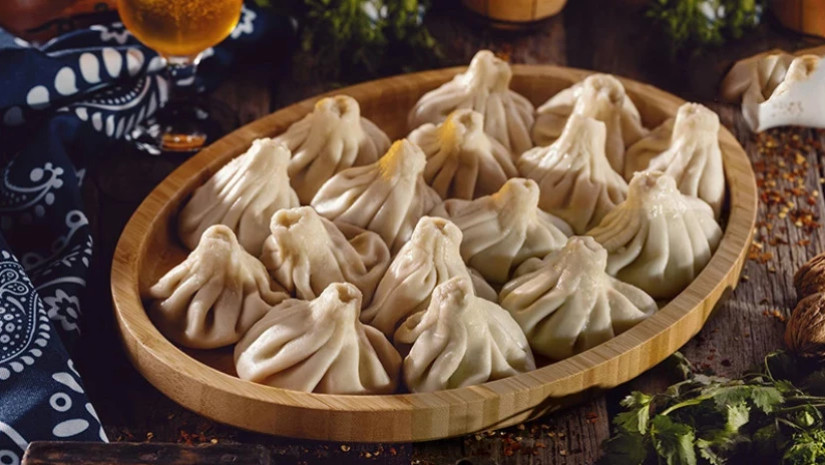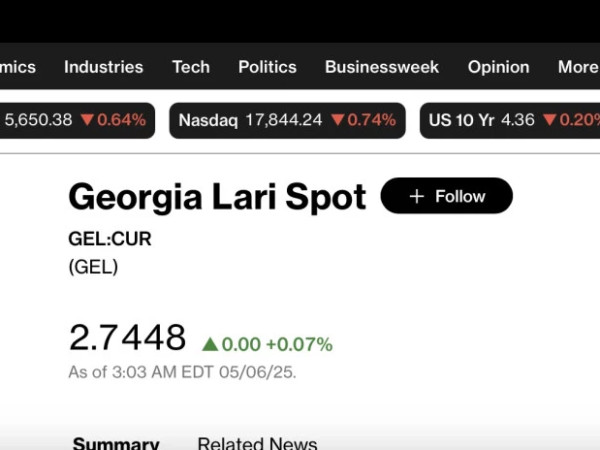Khinkali is on the list of the 100 best dishes in the world and takes a leading place in all rankings, two years ago CNN even named it "the best dumpling in the world".
The dish, which is very popular among the locals as well as tourists, is made with almost 70-80% imported products.
The main ingredients for khinkali are flour and meat.
"Sakstat" reports that in 2022 Georgia imported 184,063 tons of wheat worth $ 64,785 thousand. Most importantly, Russia accounts for 95% of the total wheat imports in 2022.
In 2022 flour imports increased by 384%. According to the National Statistics Office, in 2022 the country imported 181,706 tons of flour worth $ 68.1 million.
Malkhaz Dolidze, chairman of of Bakery Products Association, says that Georgia provides itself with 15% of wheat, for consumption the country needs 600 thousand tons of wheat.
According to Galt&Taggart research, in 2022 Georgia consumed 192 million kg of meat and meat products, of which 148.4 million kg or 77.3% was meat, the rest - meat products. Half of meat consumption is local, the rest - imports.
Import of meat and meat products in Georgia amounted to $187.2 million in 2022 (+35.0% y/y), export stood at $48.4 million (+57.9% y/y mainly at the expense of re-export). The country carries out imports mainly from Brazil (36%), from which 78% of pork and 22% of beef are brought. Lithuania (27%) and Ukraine (24%) are on the first and second place among beef importers.
In the words of deputy chairman of the Georgian Farmers’ Association Rati Kochlamazashvili, the country is in a relatively better position in terms of self-sufficiency in beef, as for pork and chicken meat, we are dependent on imports to a large extent.
"Most of the meat consumed in the country is imported and we are largely dependent on imports. The main reason for this is the knowledge and technologies that will make the sector more competitive, as well as the shortage of the grain market in the country, which is imported and causes unstable price, so this sectort’s development is a big challenge. The sector can’t compete with frozen meat that is brought from different countries", Rati Kochlamazashvili notes.
It’s worth mentioning that this summer the price of khinkali in restaurants increased by almost 18% compared to the same period of last year.


















